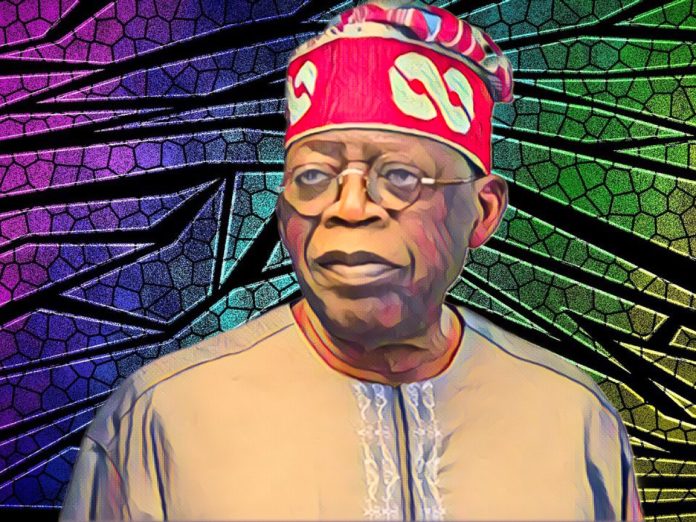Key Points
-
US court orders FBI and DEA to release investigation records on Tinubu.
-
The court finds that protecting the information from public disclosure is unjustifiable.
-
The documents involve allegations of Tinubu’s financial ties to a Chicago heroin trafficking ring.
A U.S. court has ordered several law enforcement agencies to release documents regarding an investigation into Nigerian President Bola Tinubu.
The ruling follows a Freedom of Information Act (FOIA) lawsuit filed by American citizen Aaron Greenspan. Greenspan sought information on a 1990s investigation that allegedly linked Tinubu to a drug trafficking operation.
Court’s Decision on FOIA Lawsuit
Judge Beryl Howell of the District Court for the District of Columbia ruled on Tuesday that the FBI, DEA, and other agencies’ responses were improper.
The agencies had refused to confirm or deny the existence of records, claiming it was necessary to protect the information.
Judge Howell stated that such protection was “neither logical nor plausible,” especially since the FBI and DEA acknowledged investigating Tinubu’s involvement.
Greenspan’s lawsuit sought criminal investigation records regarding Tinubu and his alleged associate, Abiodun Agbele.
These records were linked to a federal investigation into a heroin ring based in Chicago during the early 1990s. In 1993, U.S. authorities sought to seize $460,000 of Tinubu’s funds, allegedly linked to the ring.
Legal Battle and Tinubu’s Response
Greenspan filed multiple FOIA requests between 2022 and 2023. In response, the U.S. agencies issued “Glomar responses,” refusing to confirm or deny whether records existed.
Greenspan challenged these responses at the Department of Justice’s Office of Information Policy, which initially upheld the agencies’ refusal.
Tinubu intervened, citing privacy concerns and arguing that his confidential tax records and law enforcement documents should remain protected.
However, Judge Howell ruled that the public’s right to know outweighed privacy concerns, thus favoring Greenspan’s request.
Details of the Investigation
Court documents revealed that in 1993, U.S. officials sought to seize funds belonging to Tinubu, claiming they were connected to narcotics trafficking.
The investigation involved Agbele, who was arrested for selling heroin to an undercover agent. DEA investigators stated that Agbele had links to Tinubu’s financial dealings.
Legal Implications and Future Developments
Judge Howell has ordered that the requested documents, except those held by the CIA, be released. The case continues to evolve, and Judge Howell has set a deadline for addressing any redactions or withheld information by May 2, 2025.
This case has raised significant transparency concerns, with Greenspan arguing that withholding information violates the public’s right to know, particularly regarding influential figures like Tinubu.



